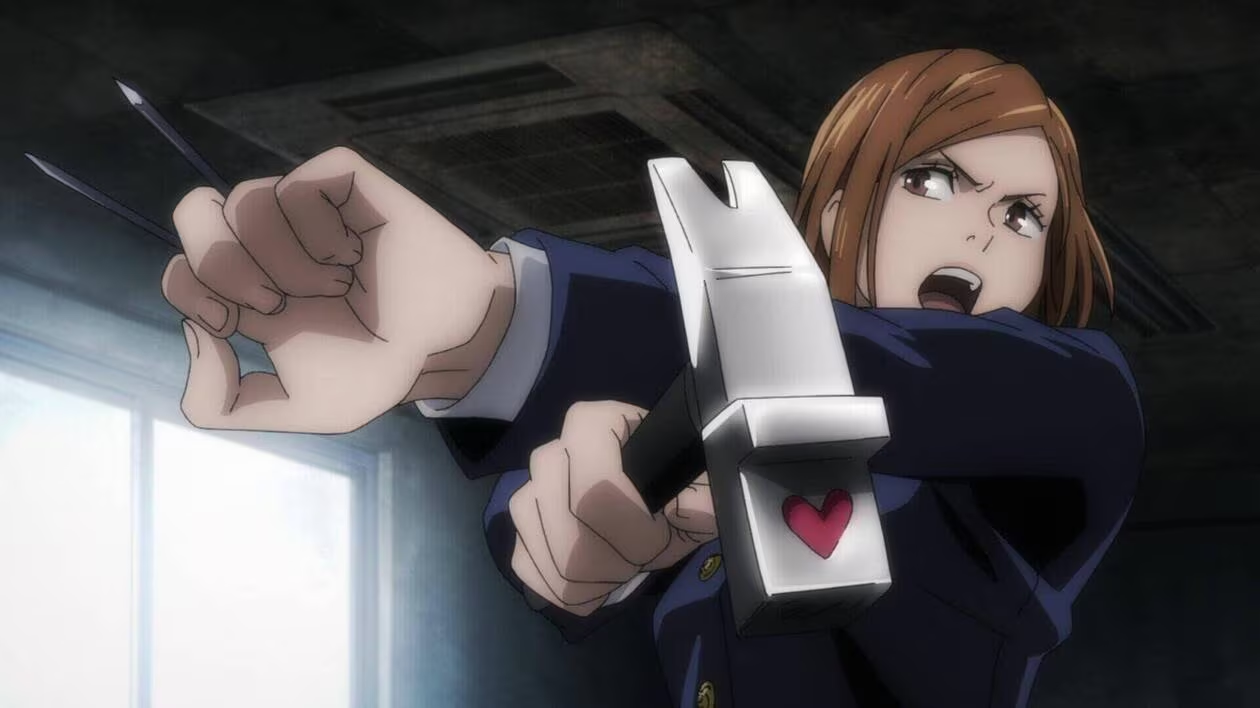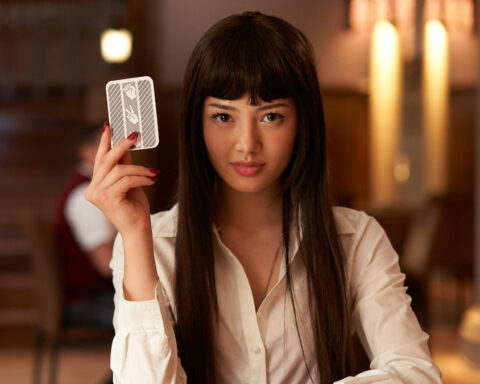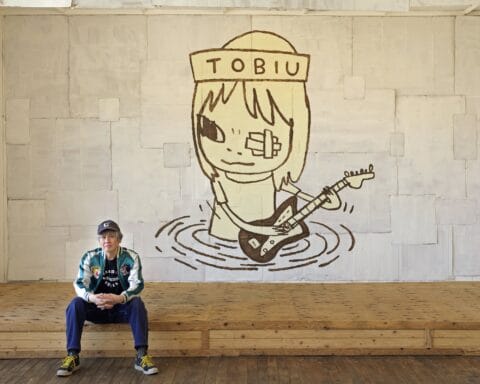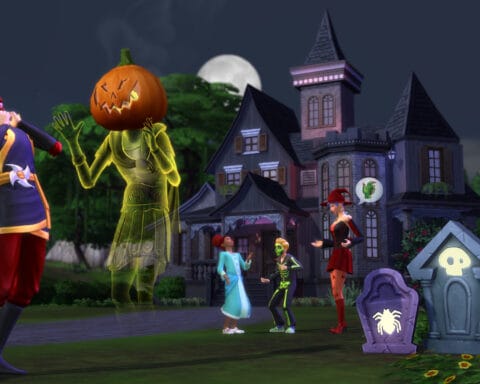“Jujutsu Kaisen,” a manga series authored by Gege Akutami and later adapted into an anime, has captivated audiences worldwide with its blend of dark fantasy, horror, and complex character dynamics. This story, set in a world where curses and supernatural forces are palpable threats, offers a rich tapestry for exploration. By delving into its narrative, characters, and underlying themes, we uncover a multifaceted examination of power, gender dynamics, and the heightened role of the senses in a paranormal landscape.
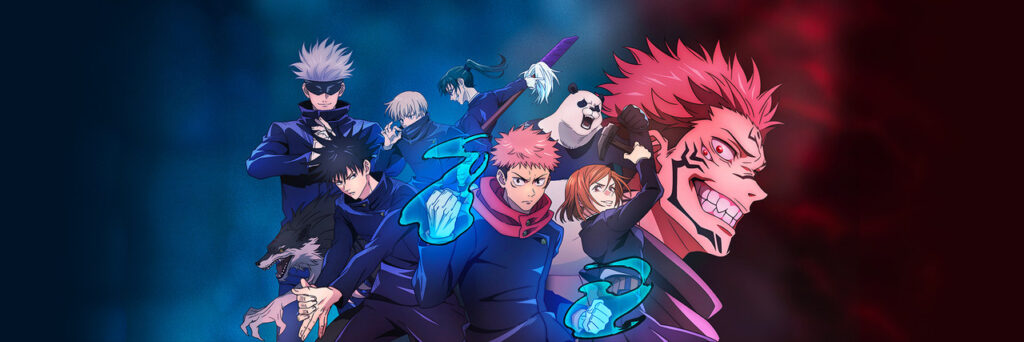
The Paranormal Universe of Jujutsu Kaisen
The Nature of Curses
In “Jujutsu Kaisen,” curses are born from negative human emotions. These malevolent spirits manifest in various grotesque forms, each embodying the fears, hatred, and pain of humanity. This conceptualization not only serves as a narrative device but also as a metaphor for the unseen, pervasive nature of human suffering and negativity.
Curses in this universe are categorized based on their power levels, with Special Grade curses being the most formidable. The protagonists, jujutsu sorcerers, are tasked with combating these entities using their own cursed energy, a manifestation of their inner strength and resolve.
Jujutsu Sorcerers and Their Techniques
Jujutsu sorcerers utilize cursed energy to exorcise curses. This energy, akin to spiritual force, is harnessed through intense training and emotional fortitude. Techniques vary widely among sorcerers, ranging from physical enhancements to manipulating elements or even controlling time and space. This diversity in abilities underscores the series’ emphasis on individuality and personal growth.
The most potent techniques are the Domain Expansions, where sorcerers project their innate abilities into a contained space, creating an environment dominated by their cursed energy. This power not only reflects the sorcerer’s strength but also their inner psyche, revealing deeper layers of their character.
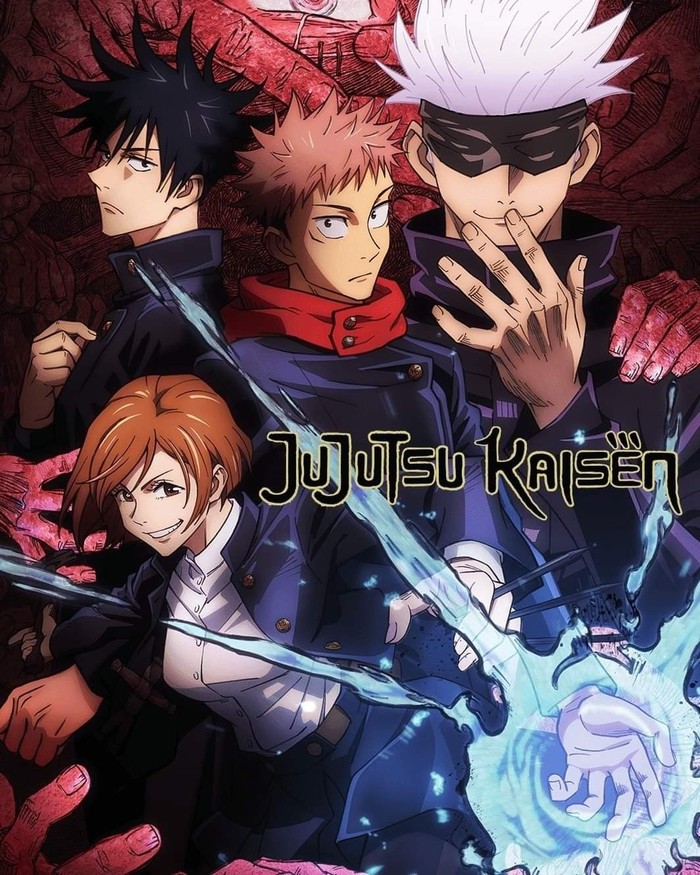
The Power of the Senses
Sensory Perception in Combat
The heightened senses of jujutsu sorcerers play a crucial role in their battles against curses. These enhanced perceptions, from acute sight and hearing to a sixth sense of spiritual awareness, allow them to detect and counter threats that ordinary humans cannot perceive. The protagonist, Yuji Itadori, exemplifies this with his exceptional physical abilities and intuitive combat skills.
The Role of Emotion
Emotions in “Jujutsu Kaisen” are double-edged swords. While negative emotions can give birth to curses, positive emotions such as resolve, empathy, and camaraderie empower sorcerers. The series portrays a nuanced view of emotional strength, where understanding and channeling one’s feelings are essential for personal and martial growth.
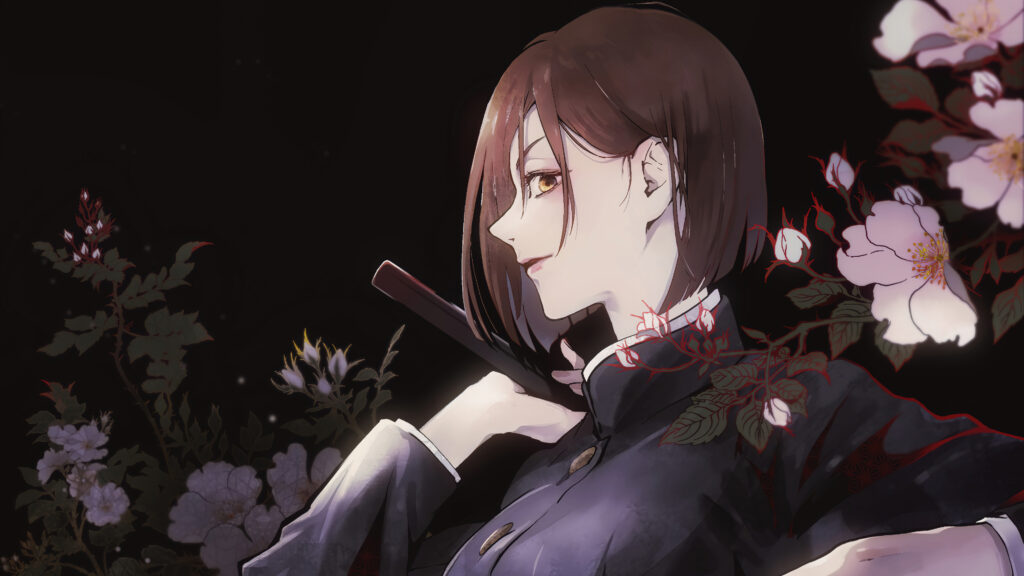


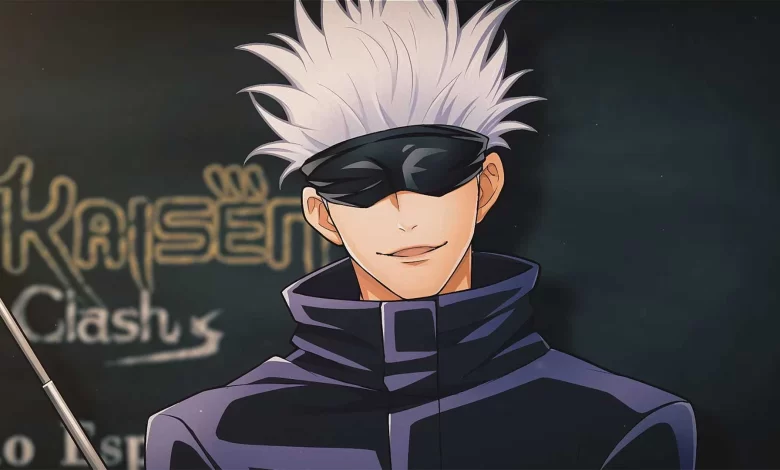
Gender Dynamics and Character Analysis
Breaking Stereotypes
“Jujutsu Kaisen” offers a refreshing take on gender dynamics, eschewing traditional stereotypes in favor of complex, multidimensional characters. Female characters like Nobara Kugisaki and Maki Zenin are portrayed with strength and depth, breaking away from the often one-dimensional roles assigned to women in shonen manga.
Nobara, with her fierce independence and unapologetic self-confidence, challenges the conventional portrayal of female warriors. She balances her strength with vulnerability, making her a relatable and empowering figure.
Maki, on the other hand, confronts institutionalized sexism within the jujutsu society. Despite lacking cursed energy, she compensates with sheer physical prowess and unwavering determination. Her struggle against her family’s expectations and societal norms highlights the series’ critique of patriarchal structures.
Male Vulnerability and Emotional Complexity
The male characters in “Jujutsu Kaisen” are also depicted with emotional depth and complexity. Yuji Itadori, the protagonist, is not just a strong fighter but also a compassionate and morally driven individual. His internal conflict and empathetic nature add layers to his character, moving beyond the typical shonen hero archetype.
Satoru Gojo, the most powerful sorcerer, combines overwhelming strength with a playful, almost whimsical demeanor. His character explores the burdens of power and the isolation it brings, challenging the notion of invulnerability associated with male strength.

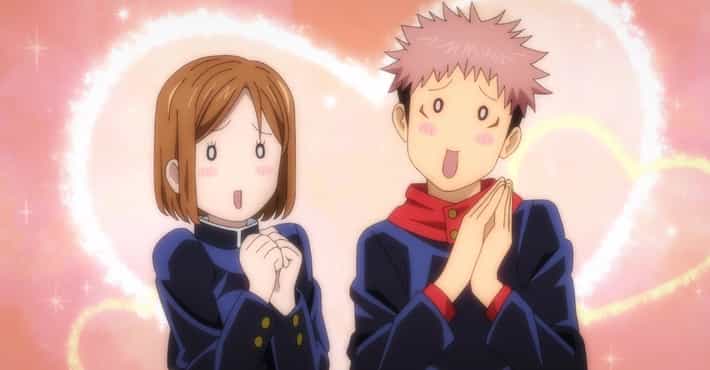
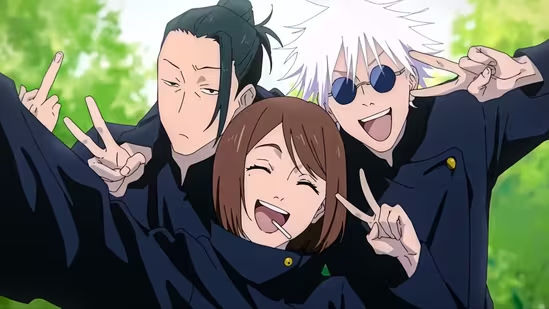
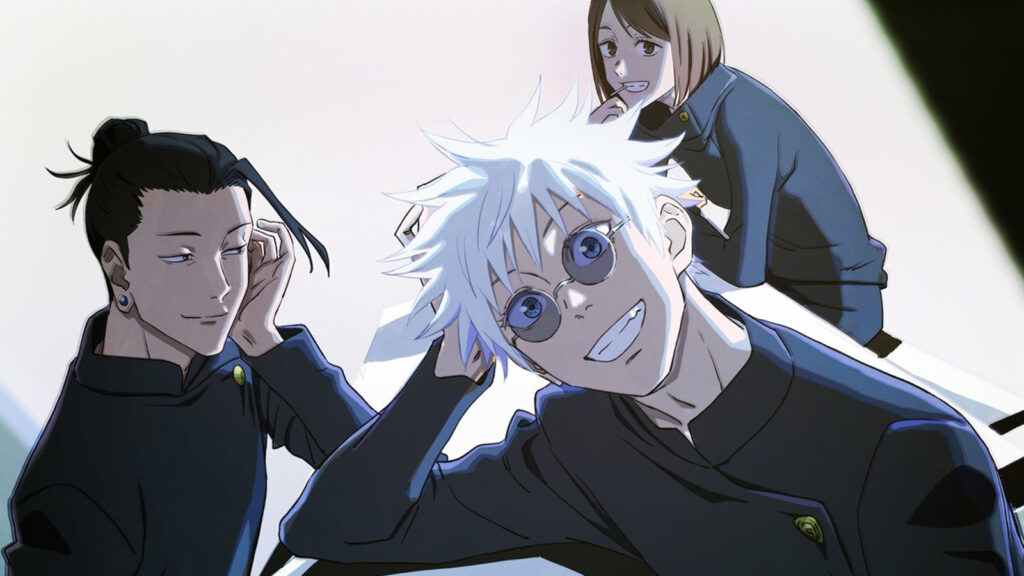
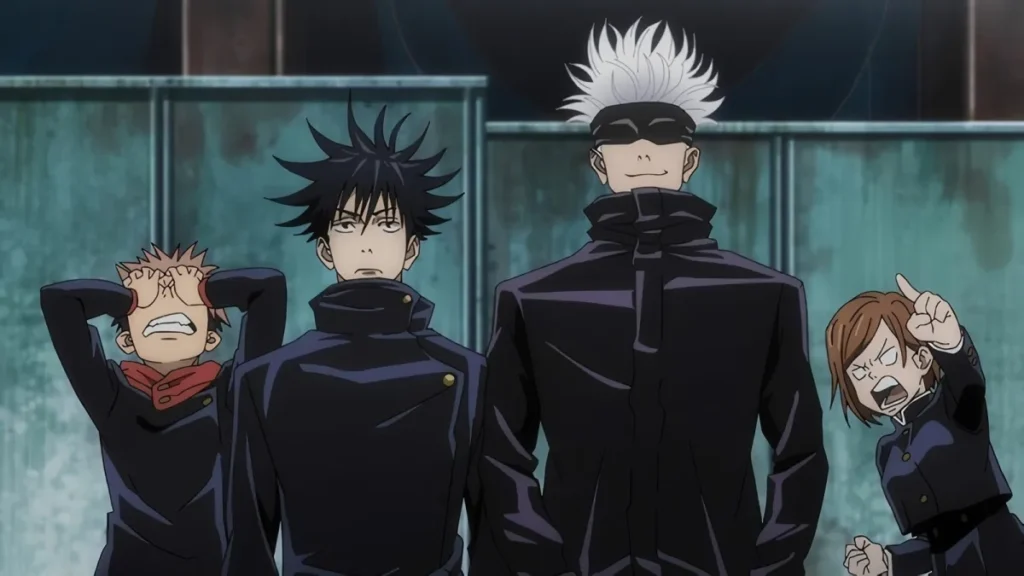
Interpersonal Relationships
The relationships between characters in “Jujutsu Kaisen” are intricate and multifaceted, reflecting the series’ deep understanding of human connections. The bond between Yuji, Megumi Fushiguro, and Nobara evolves from mere camaraderie to a profound, almost familial connection. Their interactions highlight themes of trust, sacrifice, and mutual support, enriching the narrative with emotional resonance.
Philosophical Underpinnings
The Nature of Good and Evil
“Jujutsu Kaisen” delves into the ambiguity of good and evil, presenting characters and entities that transcend binary moral distinctions. Curses, while inherently destructive, are portrayed with a degree of sympathy, as they are born from human suffering. This perspective invites viewers to contemplate the origins of malevolence and the cyclical nature of pain and resentment.
The Burden of Power
Power dynamics are a central theme in “Jujutsu Kaisen.” The series explores the responsibility and isolation that come with great power, as seen in characters like Satoru Gojo and Sukuna, the King of Curses. Gojo’s unmatched strength alienates him from his peers, while Sukuna’s malevolence stems from his insatiable desire for dominance.
This exploration extends to the jujutsu society itself, where hierarchical structures and power imbalances are critiqued. The Zenin family, with its rigid, patriarchal values, exemplifies the destructive nature of power when wielded without empathy or fairness.
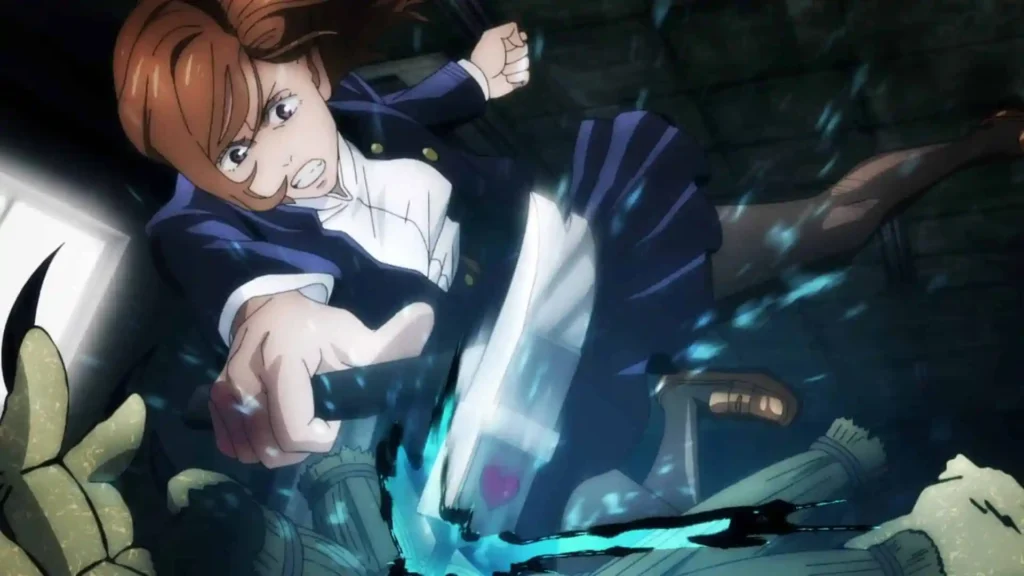
The Search for Identity
Identity is another profound theme in “Jujutsu Kaisen.” Characters grapple with their sense of self in the face of external expectations and internal conflicts. Yuji’s journey is particularly poignant, as he strives to balance his humanity with the immense, often terrifying power within him. His struggle embodies the universal quest for self-discovery and acceptance.
The Narrative Arc and Character Development
Yuji Itadori: The Everyman Hero
Yuji Itadori’s character arc is a testament to the power of resilience and moral fortitude. From an ordinary high school student to a formidable jujutsu sorcerer, Yuji’s journey is marked by loss, growth, and an unwavering commitment to his ideals. His internal conflicts and ethical dilemmas add depth to his character, making him a relatable and inspiring protagonist.
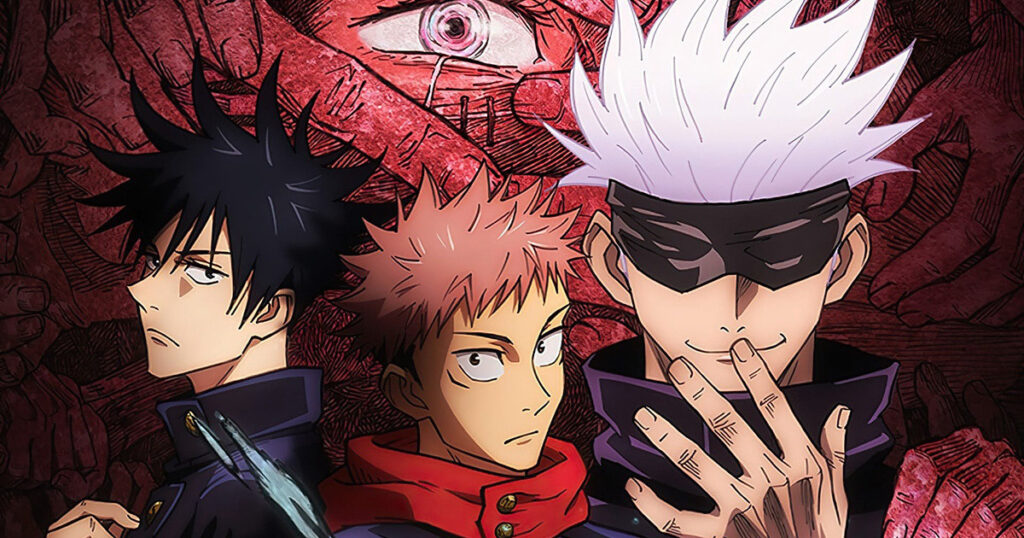
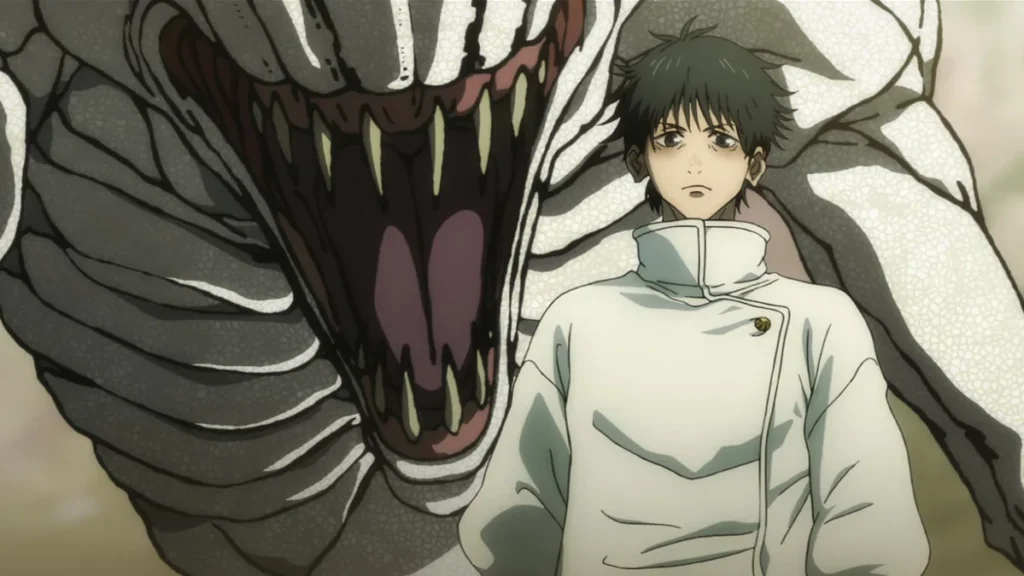
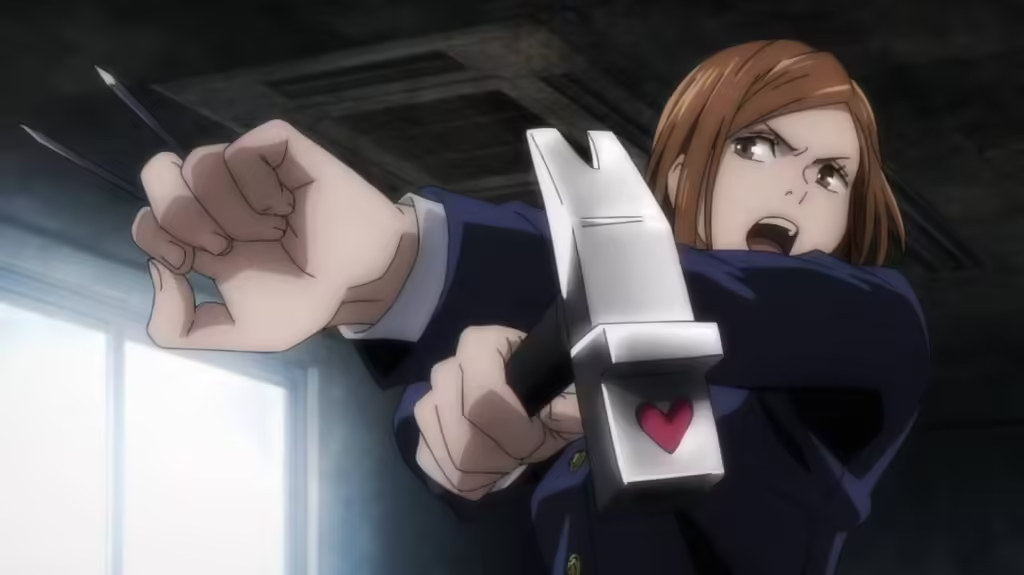

Megumi Fushiguro: The Silent Protector
Megumi Fushiguro, with his stoic demeanor and complex past, serves as a counterbalance to Yuji’s more extroverted personality. His protective instincts and sense of duty are driven by a desire to atone for his family’s dark legacy. Megumi’s development throughout the series highlights the themes of redemption and the enduring impact of one’s choices.
Nobara Kugisaki: Defying Expectations
Nobara Kugisaki’s character defies traditional gender roles in shonen manga. Her strength, both physical and emotional, is complemented by her determination to remain true to herself. Nobara’s journey reflects the series’ broader critique of societal expectations and the importance of self-empowerment.
Satoru Gojo: The Lonely God
Satoru Gojo, the series’ enigmatic and immensely powerful sorcerer, embodies the burdens that come with unmatched strength. His playful exterior masks a deep sense of isolation and responsibility. Gojo’s interactions with his students and his efforts to reform the jujutsu society reveal his desire to protect and nurture the next generation, despite the personal cost.
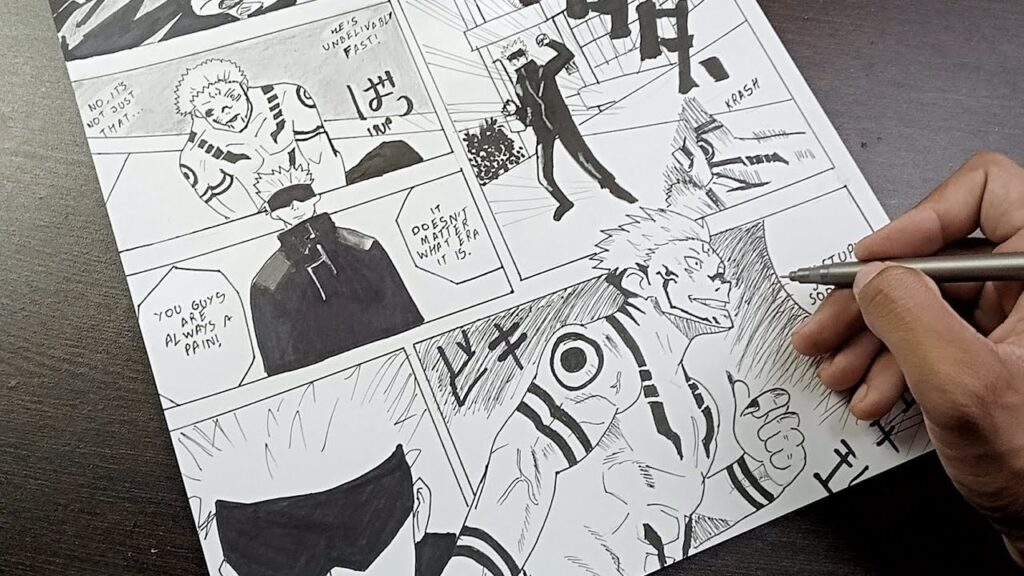
Visual and Artistic Excellence
Animation and Art Style
The animation and art style of “Jujutsu Kaisen” play a crucial role in conveying its themes and enhancing the viewer’s experience. The dynamic fight scenes, with their fluid choreography and meticulous attention to detail, reflect the intensity and emotional stakes of the battles. The use of color and shadow adds a layer of atmospheric tension, immersing viewers in the series’ dark, supernatural world.
Symbolism and Imagery
Symbolism is richly woven into the narrative and visual presentation of “Jujutsu Kaisen.” The recurring motifs of eyes, hands, and barriers serve as metaphors for perception, control, and boundaries—both personal and societal. These symbols invite viewers to delve deeper into the series’ philosophical and psychological underpinnings.
Cultural Impact and Reception
Global Popularity
“Jujutsu Kaisen” has achieved significant global popularity, resonating with audiences across different cultures and age groups. Its compelling characters, intricate plot, and philosophical depth have contributed to its widespread acclaim. The series has sparked discussions on various social media platforms and inspired numerous fan works, further cementing its place in contemporary popular culture.
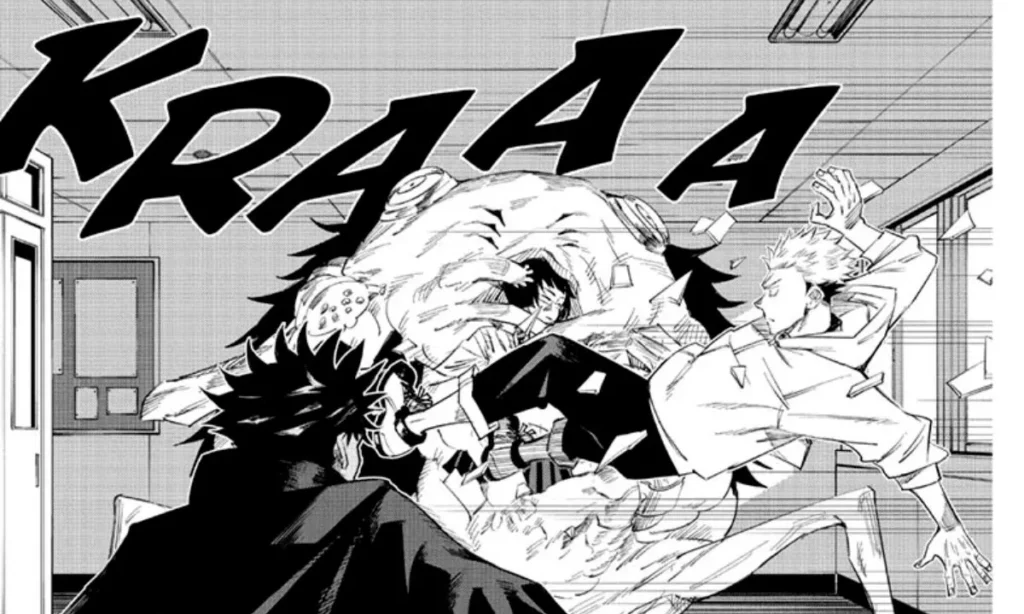
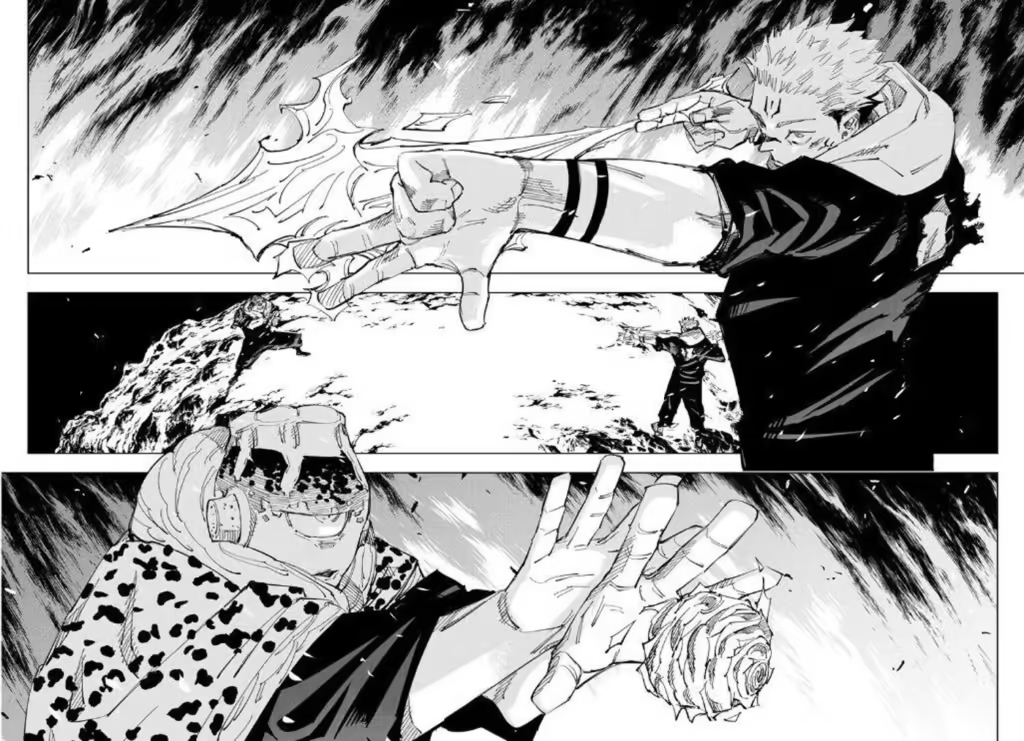
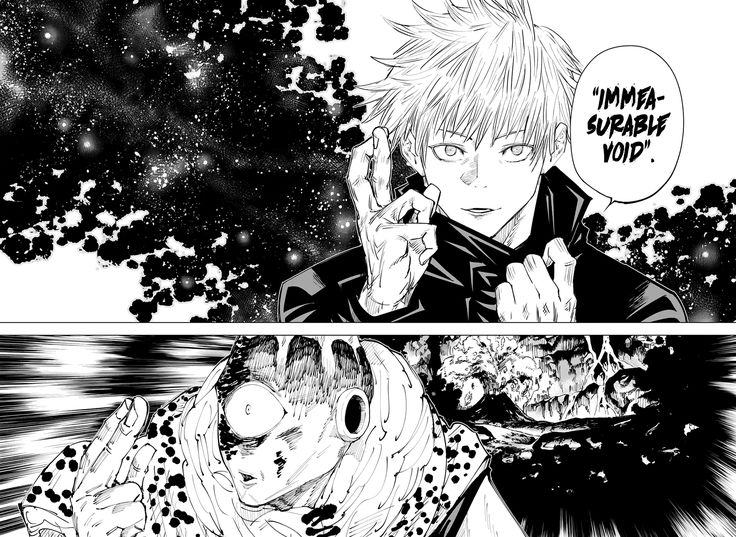
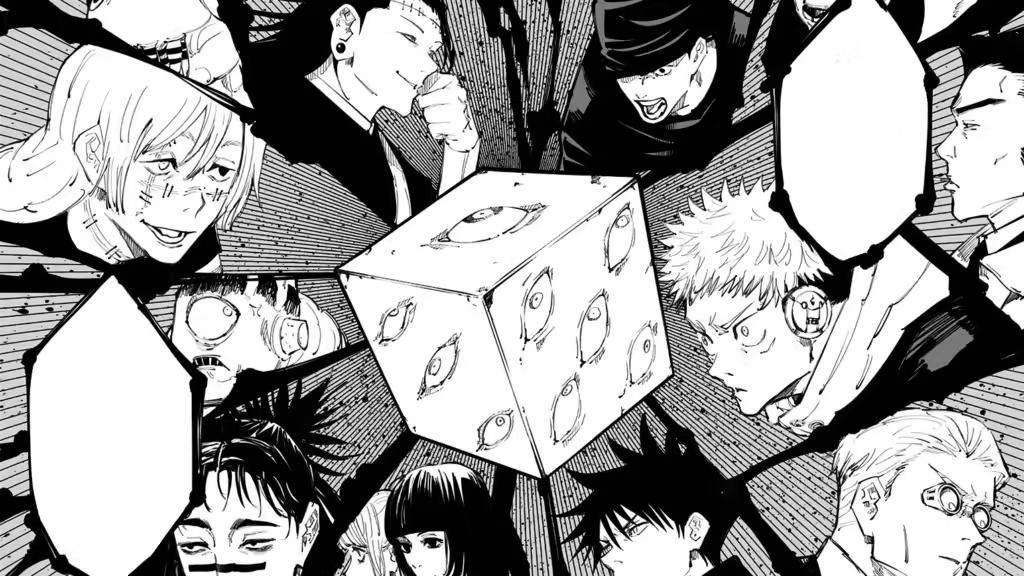
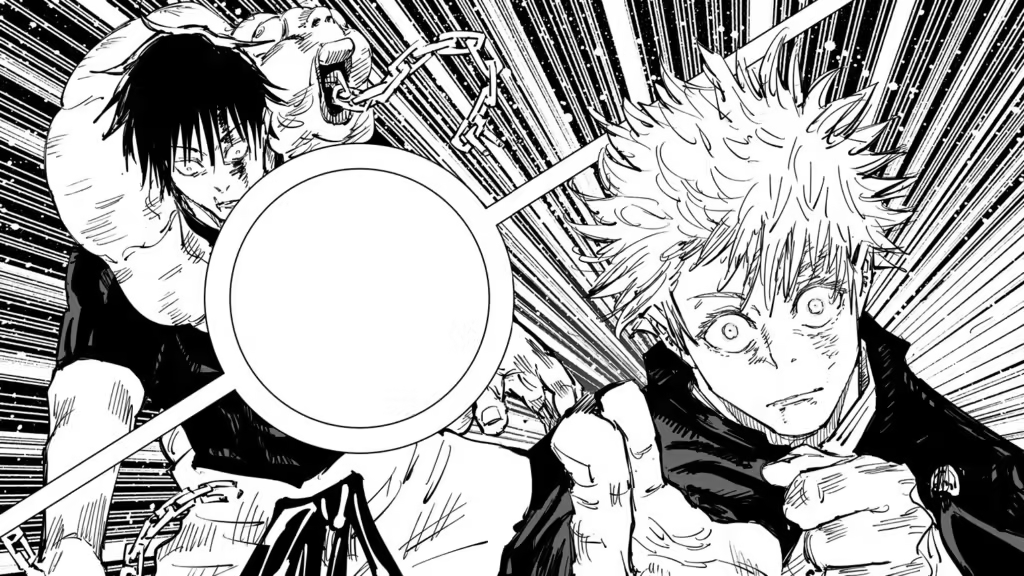
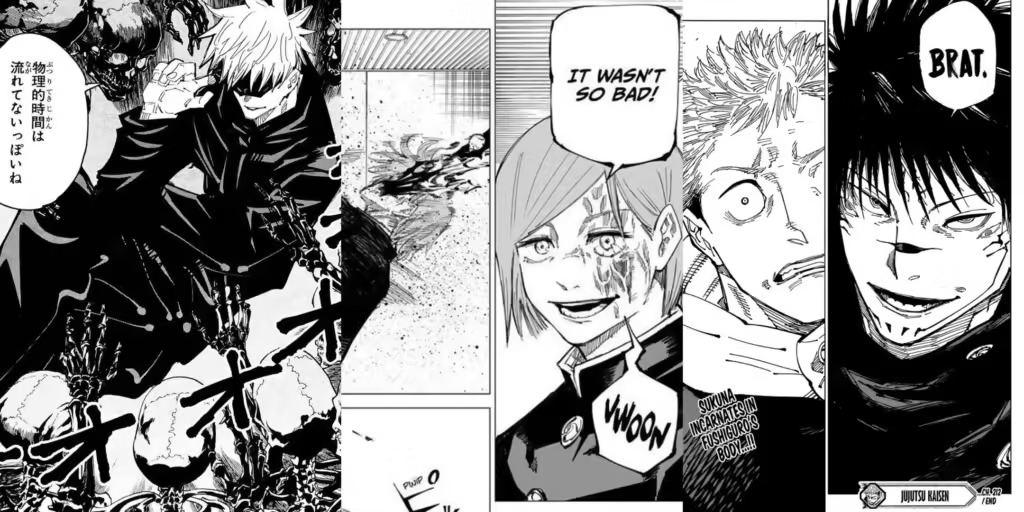
Critical Acclaim
The series has garnered critical acclaim for its storytelling, character development, and thematic exploration. Critics have praised its ability to blend intense action with profound emotional and philosophical insights. “Jujutsu Kaisen” has been lauded for pushing the boundaries of the shonen genre, offering a narrative that is both entertaining and thought-provoking.
Conclusion
“Jujutsu Kaisen” stands out as a remarkable work in the realm of manga and anime, distinguished by its rich narrative, complex characters, and deep thematic exploration. Its portrayal of the supernatural serves as a vehicle for examining human emotions, societal constructs, and the nature of power and identity. By challenging traditional gender roles and presenting a nuanced view of emotional strength, the series offers a refreshing and empowering perspective.

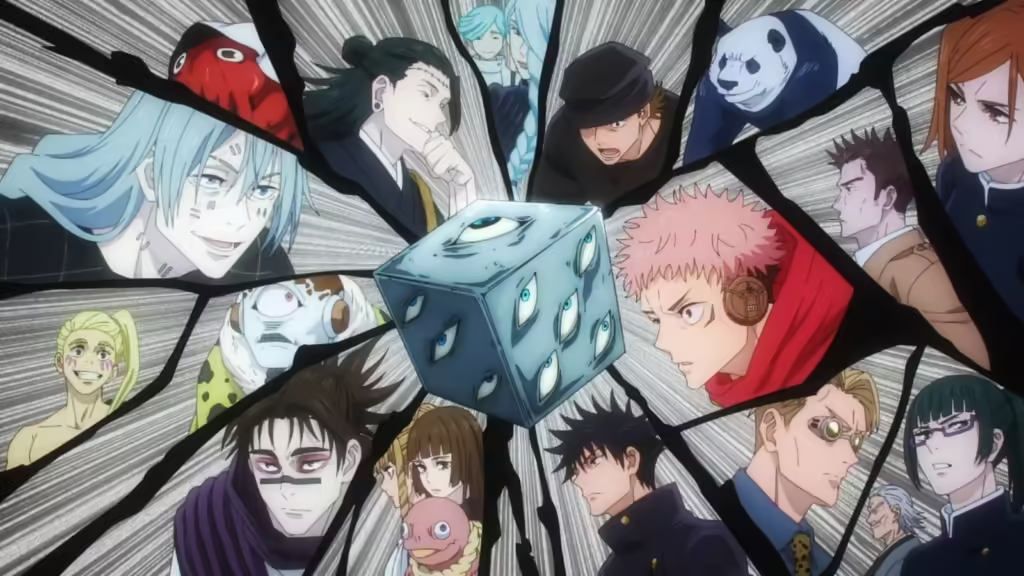
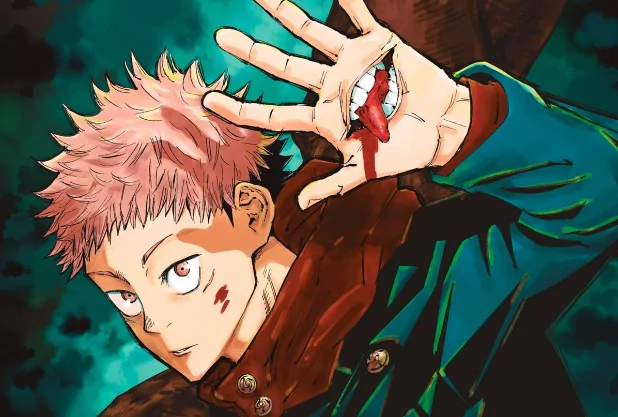

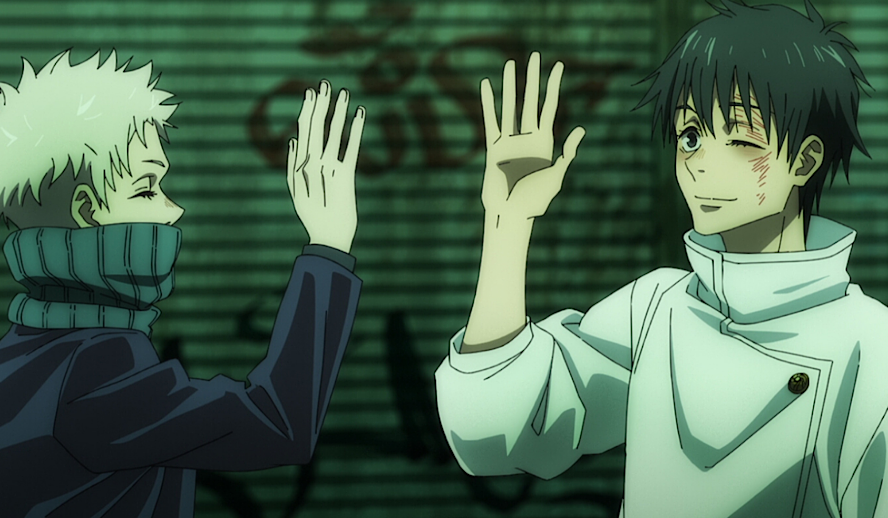
In the end, “Jujutsu Kaisen” is more than a story of sorcerers and curses; it is a profound reflection on the human condition, inviting viewers to explore the depths of their own fears, strengths, and aspirations. Its blend of action, horror, and philosophical inquiry ensures that it will remain a seminal work, resonating with audiences for years to come.
